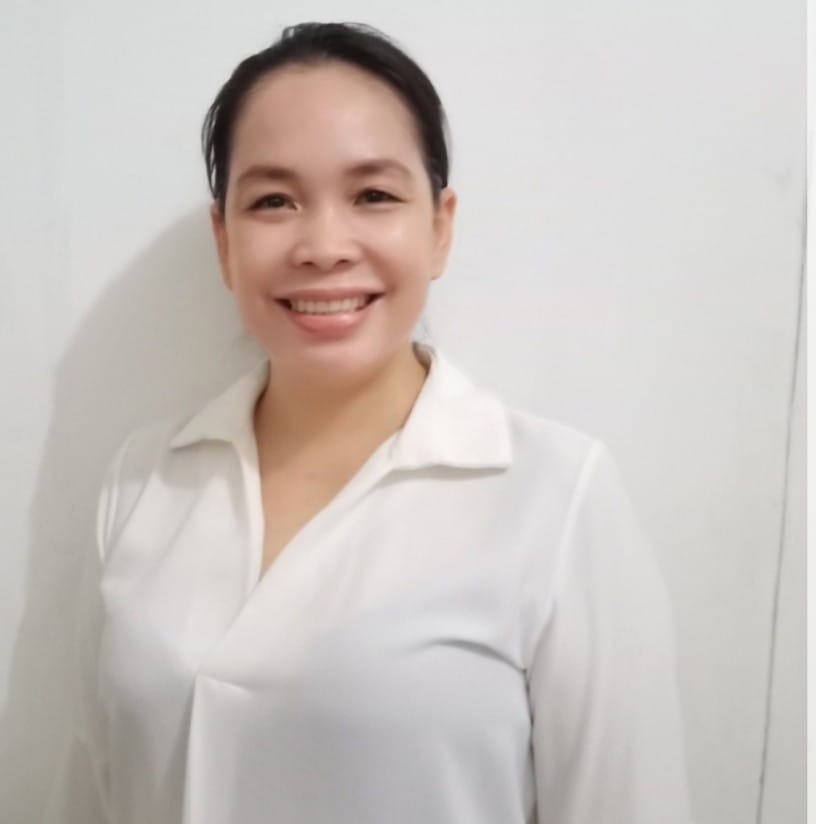By: Florenda L. Valencia, Teacher 1, Bo. Central ES
Based on the DepEd Order No. 021, 2019, assessment is conducted through classroom-based assessment and system assessment which may be national or international. And it is the process of collecting evidence of what a learner discerns, what the learner comprehends, and what the learner is able to do. It is the ongoing process of gathering, scrutinizing, and construing relevant information, reflecting on findings, and consistent and reliable judgments to expand student learning.
Currently, educational systems all over the world are exerting and wielding efforts to move beyond the ways they operated at the beginning of the 20th century, with outmoded instructional practices that normally ask learners to graft independently on examinations that require them to memorize discreet facts or respond to pre-formulated problems within the narrow boundaries of individual courses. According to Black and William (1998), today’s reforms are ensuing reframe what is imparted, how it is learned, and how it is being assessed and appraised in an innovative ways that support personalize learning. Henceforth, assessments that support learning must unequivocally associated in the nature of expected learning. Research shows the prevailing and dominant effect that on-going assessment embedded into the learning process has on student learning, particularly for struggling learners. Creating a well-established system of personalized learning necessitates new forms of formative and summative student performance assessments that enable individual learners to stretch onward from wherever they are in a learning continuum.
Generally, in the teaching and learning process, assessment is vital but crucial. Teachers have always assessed learners’ knowledge through different types of assessment, or by using inquiry approach during discussion, but researchers and scholars are beginning to understand that assessments can play a significant and imperative role in supporting learning and in helping to transform teaching practice. Similarly, incorporating 21st century teaching practices should start with updating teachers’ arsenal of assessment strategies that they use in the classroom to support and promote 21st century learning and teaching. Learning encompasses assessment which serve as the indication of acquiring knowledge and experiences thus emphasizing the vital role of teacher-made, classroom-based, formative and process-focused assessments that could play in refining the entire education system.
In line with this, assessment can be used by teachers to solve several problems in locating learner’s progression and identify gaps in achievement. Acclimate instructional practices to individual needs and information instructional improvement. Track and communicate student progress and inform data-driven decision-making at classroom and school levels.
